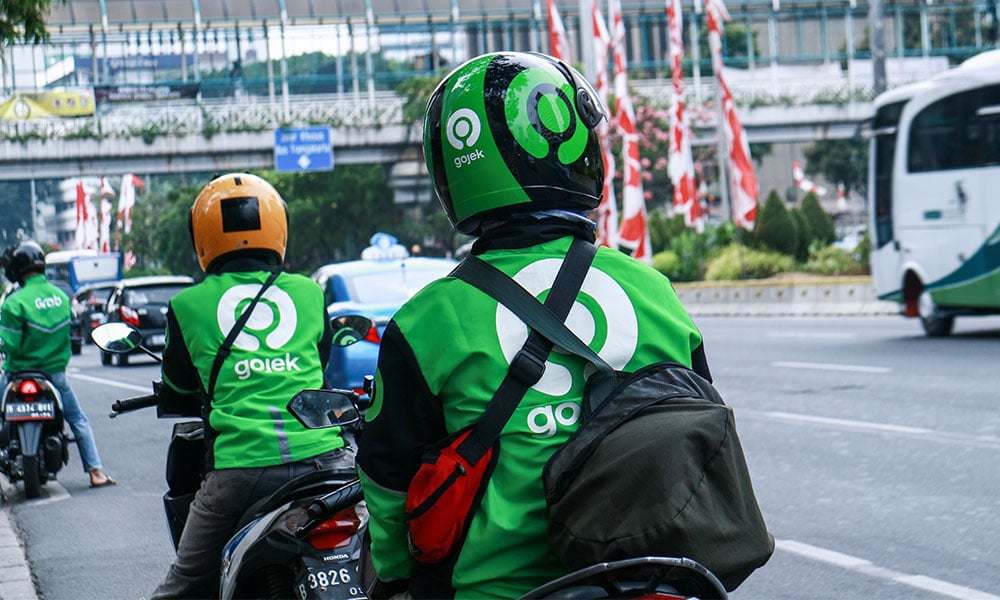
This follows news of retrenchments at fellow ride-hailing rival, Grab

Jakarta-based Gojek will be laying off around 9% of their total workforce, or 430 employees amidst the COVID-19 crisis. Although operational in five countries across Southeast Asia, their Indonesian team will be hit the hardest, according to reports.
This will be the only job cuts made during the pandemic, said their CEOs. Affected employees will receive severance pay, an equity arrangement and an outplacement program.
The ride-hailing firm will also shut down other businesses in Indonesia, such as lifestyle division GoLife and food court GoFood Festival, amid a “significant decrease in demand”.
READ MORE: How to support retrenched employees
“The biggest challenge is the remaining uncertainties in the future, and the hurtful fact is that this will forever change the way we operate our business and the products we offer,” the CEO duo of Andre Soelistyo and Kevin Aluwi said in a joint statement on Tuesday (23 June).
Gojek will now focus on its core business including ride-hailing, food delivery and e-payment solutions. They’ve decided to restructure the business as a long-term strategy against the crisis, reported The Jakarta Post.
The company also plans to develop their logistics service, which grew by 80%, as well as their online grocery sector, where demand has doubled since COVID-19.
Similar to Grab, Gojek implemented pay cuts on senior management earlier this year to help sustain the business. The cuts allowed Gojek to allocate more than Rp 100 billion (SGD9.8 million) to help drivers and employees cope with low demand during the COVID-19 pandemic.
Like Singapore-based Grab, Gojek was most hit by extended social distancing measures, with its ride-hailing business seeing the most losses. Grab CEO Anthony Tan labelled the pandemic the “single biggest crisis” to affect the sector and was recently forced to cut 5% of their workforce, or 360 employees.
READ MORE: Grab CEO breaks down retrenchment package
In addition to the job cuts, Grab announced plans to eliminate several non-core projects, consolidate functions and reallocate staff to newer initiatives, like delivery.
“We have to respond to what’s out there and increase our focus to build a strong, more efficient business to survive,” said Gojek’s CEOs.
In a letter to employees, Soelistyo assured that “we have done all of the measures to optimize the company to continue growing and giving impacts”.